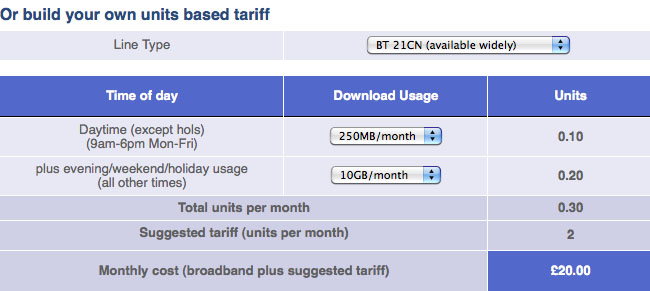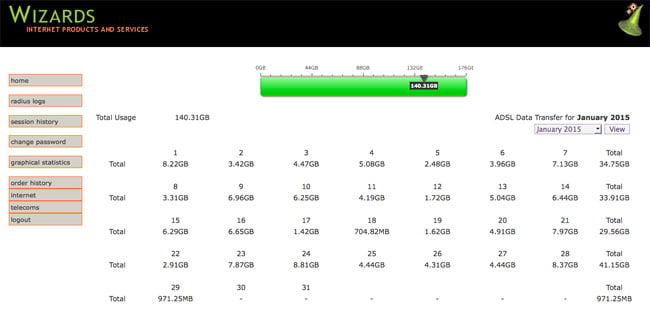This article is more than 1 year old
'Boutique' ISPs: Snub the Big 4 AND get great service
When it comes to choosing an internet provider, small is beautiful
Common threads
Most small ISPs are very willing to offer a mix and match approach; you'll usually be able to have a fixed IP address, so there's no carrier grade NAT going on, and no problem with servers. IPv6 tends to be more widely supported too. Ask around and you can usually get a full routed connection too, though you'll probably have to make a better case for it in than in the past, if you want to use IPv4. Two of the companies I spoke with (Merula and Andrews and Arnold) both said that as IPv4 addresses become more scarce, it may be necessary to charge for them in future.
Capacity is also something that smaller ISPs I've spoken with tend to pride themselves on. Of course, it's just about impossible for any ISP to have enough real internet bandwidth for all its customers to be running flat out all the time – especially when they're giving broadband away as part of a package. But those I've spoken to do tend to try and avoid having or becoming bottlenecks, albeit at a price that may be a little higher than some of the big names.

Don't use the net during the day? Then build your own package from Andrews and Arnold
Though few companies talk in terms of contention ratios these days, effectively that's one of the benefits of the smaller companies. They can also be very flexible. Andrews and Arnold allows you to design your own tariff, so if you're never at home during the day, you don't need to be paying for much data then. Where there are download limits, the approach of the ISPs I spoke with differs. Some apply caps automatically when a limit is exceeded, some lower your traffic priority, others allow you to pay for more, and some will be forgiving if it only happens occasionally.
Support matters
One area where scale can help, of course, is support. It's far easier for a large outfit to provide round the clock telephone support. The downside of that, of course, is that when they say "support", they generally mean someone reading from a script that starts "Have you tried turning it off and then on again." For the technical user, it can be an exercise in frustration, as each successive person you speak to proceeds to assume you know as much about broadband as their gran.
Small ISPs don't tend to have that problem, and you'll often be in contact with people who can really check a problem or even fix it without passing you up the food chain. The downside, however, is that it may only be available during working hours, with more informal means the rest of the time. For instance, Andrews and Arnold has a support IRC channel which is informally monitored by staff, while others, like Wizards, have voicemail that's monitored out of hours.
Not being able to speak to someone right away may sound like a big problem if you're relying on the internet, but as Andrews and Arnold's Adrian Kennard points out, where there's a fault that affects a lot of customers, the ISP will usually notice anyway, and have on-call staff who will deal with it, even if customers don't call in.
A problem that affects just one customer is quite likely to be a line issue, where nothing can be done in any case, as the engineering teams for the wholesale providers like BT are only available in working hours anyway.

Wizards: smaller ISPs tend to provide a good range on online monitoring and diagnostic tools for their users
Click for a larger image
Finding out information about your line can be much easier too. Andrews and Arnold, for instance, provides detailed monitoring of line status and traffic, aggregating it for some public reports, too. Others also give access to varying diagnostic tools depending on the wholesaler they use. In general, you're likely to have a better chance of being able to find out what's really going on.
